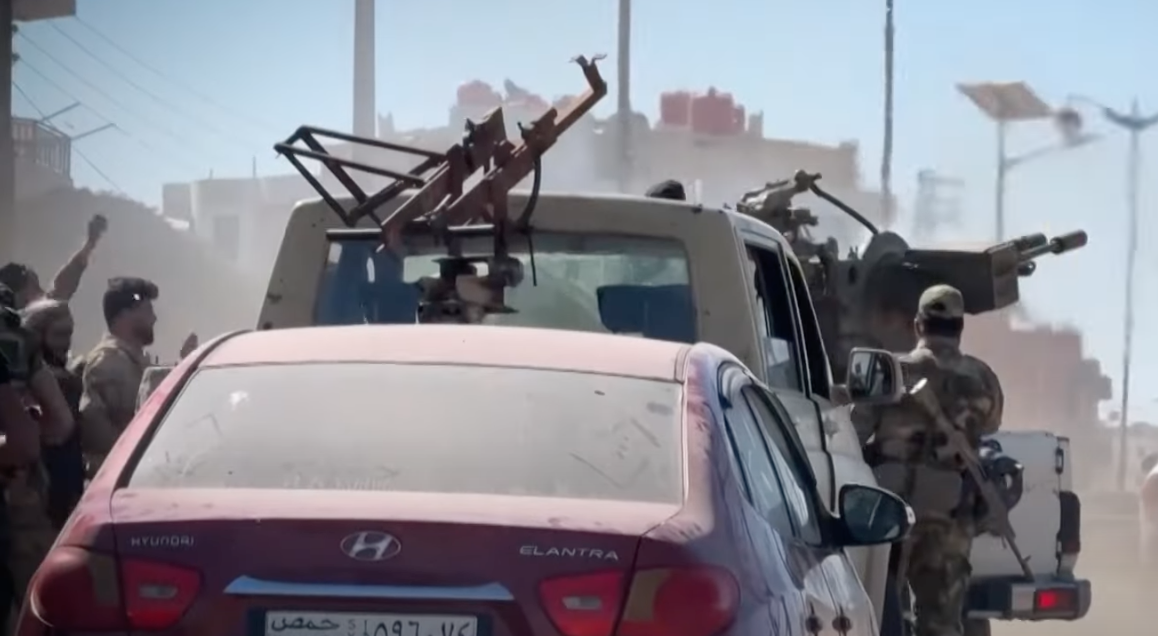Syrian Ceasefire: A Harbinger of Peace or Eye of a Regional Storm?
The recent violence between Druze and Bedouin groups in southern Syria may have seemed sudden, but like many regional conflicts, its roots run deep. Although the clashes have come in waves, tracing their origins is difficult, and the brutality is undeniable. What appears to be a single flashpoint is really part of a much older and more complex struggle.
In his article Ceasefire Agreement in As-Suwayda: A Step Toward Stability or a Temporary Truce? The Media Line’s Rizik Alabi examines the latest ceasefire deal, assessing doubts about its longevity and the numerous players now involved from local factions to international powers.
Give the gift of hope
We practice what we preach:
accurate, fearless journalism. But we can't do it alone.
- On the ground in Gaza, Syria, Israel, Egypt, Pakistan, and more
- Our program trained more than 100 journalists
- Calling out fake news and reporting real facts
- On the ground in Gaza, Syria, Israel, Egypt, Pakistan, and more
- Our program trained more than 100 journalists
- Calling out fake news and reporting real facts
Join us.
Support The Media Line. Save democracy.


The ceasefire in As-Suwayda, though publicly hailed as a step toward peace, feels more like a pause than a solution. Interim President Ahmed al-Sharaa’s televised address framed the agreement as a national imperative, emphasizing state authority and blaming Israel for stirring the pot. But beneath the rhetoric lies a much messier reality.
Alabi explains how the defeat of Assad’s regime left a vacuum that exposed simmering tribal resentments and accusations of foreign allegiance. With outside players like the US, Israel, and Turkey with vested interests, it’s clear this is more than a local battle but a microcosm of regional power struggles—analysts like Dr. Kamal Hussein and Brig. Gen. Ahmad Saeed warned that without serious political engagement and trust-building, the deployment of security forces could provoke more unrest than it prevents.
Meanwhile, while some group leaders are directly involved in the fighting and outside nations advise restraint, the question remains: can factions with deep grievances and foreign ties truly be brought into a unified national fold? Or is this ceasefire merely the eye of a larger storm?

